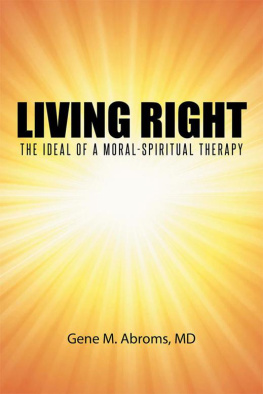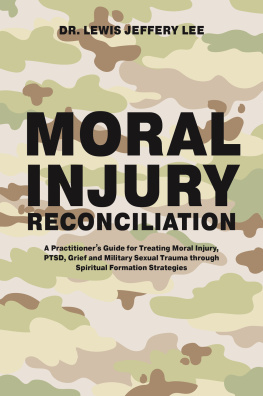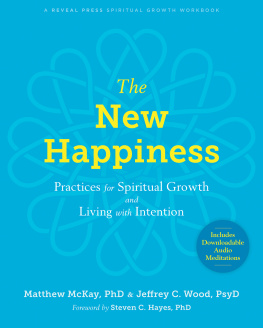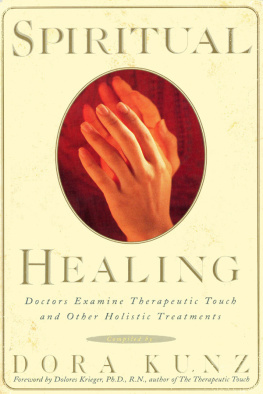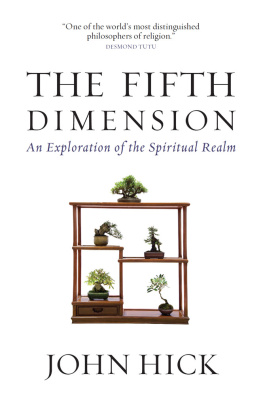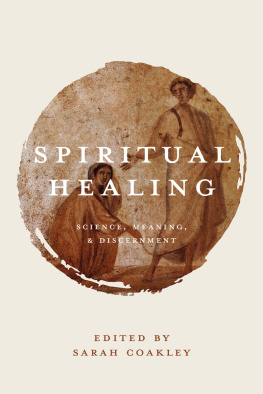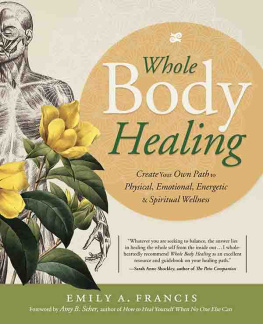LIVING
RIGHT
The Ideal of a Moral-Spiritual Therapy
GENE M. ABROMS, MD

LIVING RIGHT
THE IDEAL OF A MORAL-SPIRITUAL THERAPY
Copyright 2014 Gene M. Abroms, MD.
All rights reserved. No part of this book may be used or reproduced by any means, graphic, electronic, or mechanical, including photocopying, recording, taping or by any information storage retrieval system without the written permission of the publisher except in the case of brief quotations embodied in critical articles and reviews.
iUniverse
1663 Liberty Drive
Bloomington, IN 47403
www.iuniverse.com
1-800-Authors (1-800-288-4677)
Because of the dynamic nature of the Internet, any web addresses or links contained in this book may have changed since publication and may no longer be valid. The views expressed in this work are solely those of the author and do not necessarily reflect the views of the publisher, and the publisher hereby disclaims any responsibility for them.
Any people depicted in stock imagery provided by Thinkstock are models, and such images are being used for illustrative purposes only.
Certain stock imagery Thinkstock.
ISBN: 978-1-4917-3063-8 (sc)
ISBN: 978-1-4917-3065-2 (hc)
ISBN: 978-1-4917-3064-5 (e)
Library of Congress Control Number: 2014906285
iUniverse rev. date: 09/03/2014
Contents
Do not imagine that character is determined at birth. We have been given free will. Any person can become as righteous as Moses or as wicked as Jeroboam. We ourselves decide whether to make ourselves learned or ignorant, compassionate or cruel, generous or miserly. No one forces us; no one decides for us, no one drags us along one path or the other. We ourselves, by our own volition, choose our own way
How do we fix these traits into our character? By repeatedly doing them, returning to them until they become second nature.
Moses Maimonides, twelfth-century physician-philosopher
Precisely as in a dream it is our own will that unconsciously appears as inexorable objective destiny, everything in it proceeding out of ourselves and each of us being the secret theater-manager of our own dreams, so also reality the great dream, that a single essence, the will itself, dreams with us all our fate, may be the product of our inmost selves, of our wills, and we are actually ourselves bringing about what seems to be happening to us.
Thomas Mann, twentieth-century novelist and essayist
If you know art and science, you already have religion; if you do not, you need religion.
Goethe, eighteenth-century poet-philosopher
Every one who is seriously involved in the pursuit of science becomes convinced that a spirit is manifest in the laws of the Universea spirit vastly superior to that of man
__ Albert Einstein, twentieth-century physicist
Introduction
THE PURPOSE, PLAN AND
SPIRIT OF THE BOOK
In this work I propose a treatment philosophy that goes beyond symptom relief and psychological understanding to achieve moral-spiritual awareness and growth. This heightened awareness gives us values and ideals that are self-evidently and universally true. We can come to know them by transcending ordinary empirical consciousness to achieve a state of intuitive consciousness, a state that, at its fullest development, can give us access to a universal mind-will, which I call Spirit. Accepting the fruits of intuitive awareness fundamentally alters how psychiatry and psychotherapy are conceived and practiced. Therapy ceases to be merely nondirective and relative to individual needs, however respectful and evocative these positions often prove to be, to become a value-guided journey of the soul. Although defining and drawing out the clinical implications of this viewpoint are essential to this work, this is not a clinical manual, much less a work of science or scholarship. It is rather a philosophical treatise with clinical illustrations. It is a practical philosophy of the means required to achieve the ends of freedom of will, authenticity of self, strength of character, and compassionate empathy, among a host of other spiritual ideals.
The framers of the Declaration of Independence affirmed the existence of intuitive moral truth by declaring that we hold these truths to be self-evident, that all men are created equal, that they are endowed with certain inalienable Rights, that among these are Life, Liberty and the pursuit of Happiness. If these truths are not intuitively self-evident to patients, a therapy grounded in spiritual awareness offers the possibility that they might become so.
I want to show how taking account of the spiritual reality adds another dimension to psychiatric and psychotherapeutic treatment, transforming it from a limited applied science to the expanded scope of a healing art and science. In contrast to those who advocate a spiritual approach at the expense of other dimensions of therapy, I affirm my identity as a physician who has undergone and values psychoanalytic treatment and the results of practicing and teaching the combined medical, psychodynamic, cognitive-behavioral, group, and family therapy approaches. Therefore, engaging with the spiritual reality, rather than diminishing the importance of these other more basic approaches, seeks to build on their capacities to allay symptoms, resolve conflicts, and promote fruitful patterns of working and relating; it seeks to take the further step of promoting the value changes that lead to living a spiritual life.
Promoting value change in patients is a sensitive and painstaking process because it must be done in full awareness of the individual aspirations of the true, authentic self residing within each of us. This respectful awareness limits the work of the spiritual therapist to guiding patients to realize their unique potentials in a spirit of collaboration rather than nondirection, much less imposition.
My journey down this path was initially stimulated by some deeply personal experiences of music, nature, and racial persecution, some of which I shall refer to in subsequent chapters. I owe a great debt to studying the moral philosophies of Immanuel Kant and, in our time, John Rawls and Derek Parfit. I am also indebted to many of my teachers in developing this approach. The staff at the Massachusetts Mental Health Center during my time at Harvard Medical School (1955-1959) left an indelible imprint. Some of these refugees from Nazi-devastated Europe had direct connections to Freuds inner circle. The certainty with which they propounded their idealistic theories, of all places in the land of William Jamess pragmatism, yielded the intellectual indigestion that typically accompanies severe cognitive dissonance.
Many of my classmates gave up on Freudian theory altogether. How could such seemingly profound insights depend so heavily on personality theories with only tenuous connections to observable facts? How could Bachs vast creative output be construed not as the manifestations of a distinct creative force, but as mere products of sexual sublimation? Did Bach not also father twenty children in addition to all his cantatas, concertos, and masses? Such a concept, a sublimation that keeps giving without taking anything away from basic drives, is surely a concept that takes away more than it gives. Better to admit the existence of a wider array of irreducible aspirations and driving forces than those derivable from the sexual and aggressive instincts. These include strivings for competence, mastery, meaning, creative expression, healing, self-actualization, altruism, and loving-kindnessin essence the whole array of spiritual ideals that Abraham Maslow called being needs.
Yet I ultimately came to appreciate Freuds creative genius in deriving an intellectually challenging philosophy of life from his clinical practice and the philosophy of science of his era. Over time it also became apparent to me that his notion of the unconscious repressed provided a pathway to the conception of a spiritual unconscious. And I was moved by his emissary teachers for their spiritual devotion to patients, which made it possible for us students to listen to the bizarre, disturbing outpourings of fellow damaged souls with a measure of compassion. Some of these teachers had already begun to integrate psychodynamic understanding with the larger body of neuropsychiatric knowledge and humanistic values, pointing the way to the integrative thinking for which we students greatly hungered at the time and continue to do so.
Next page
